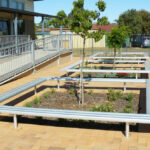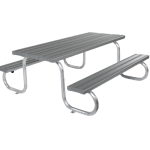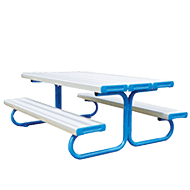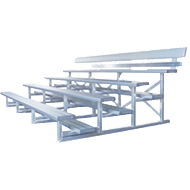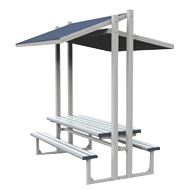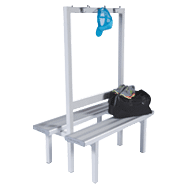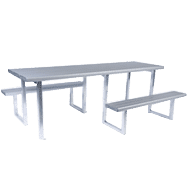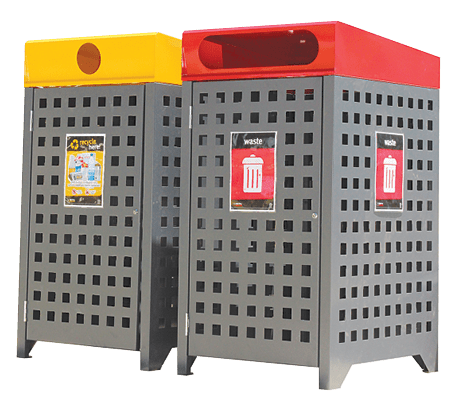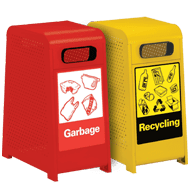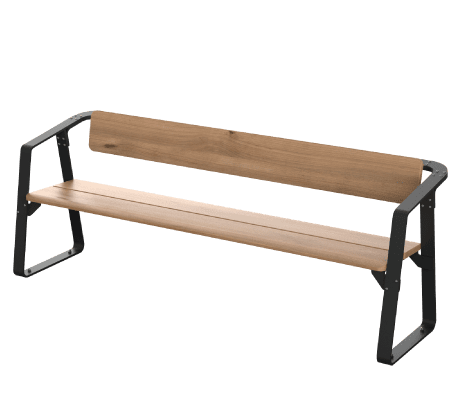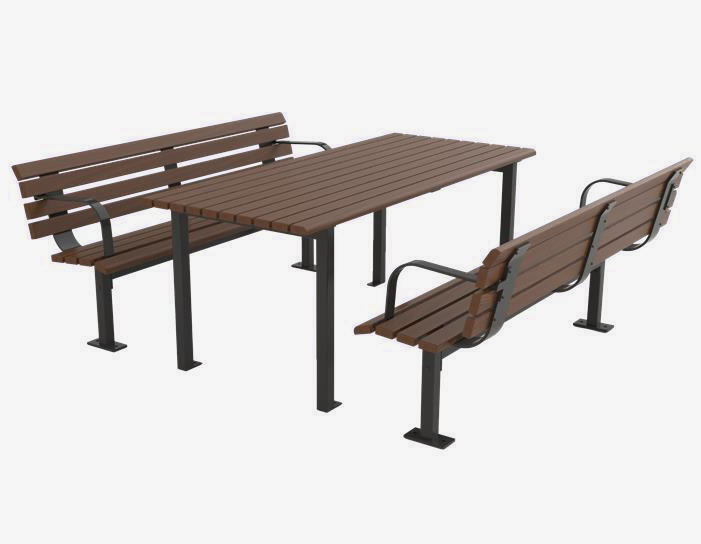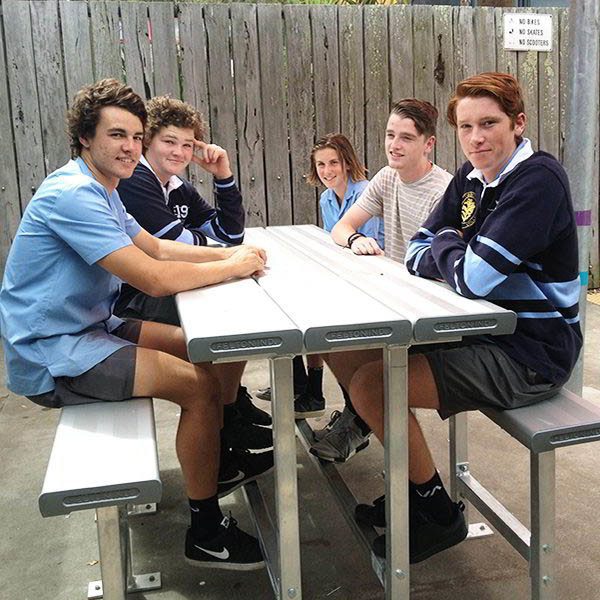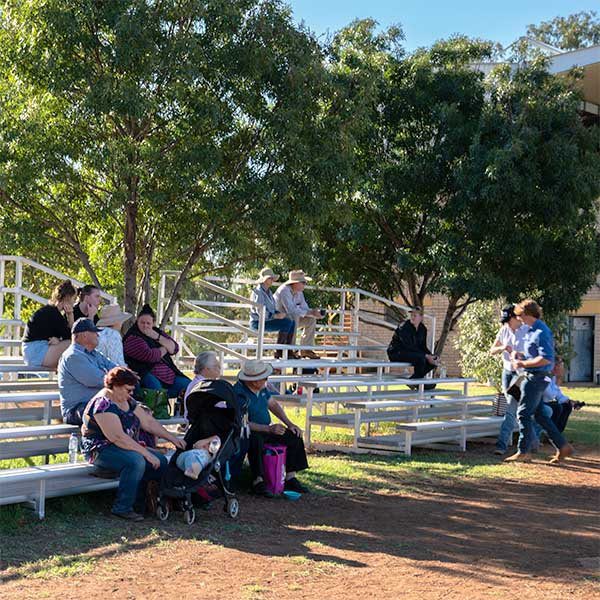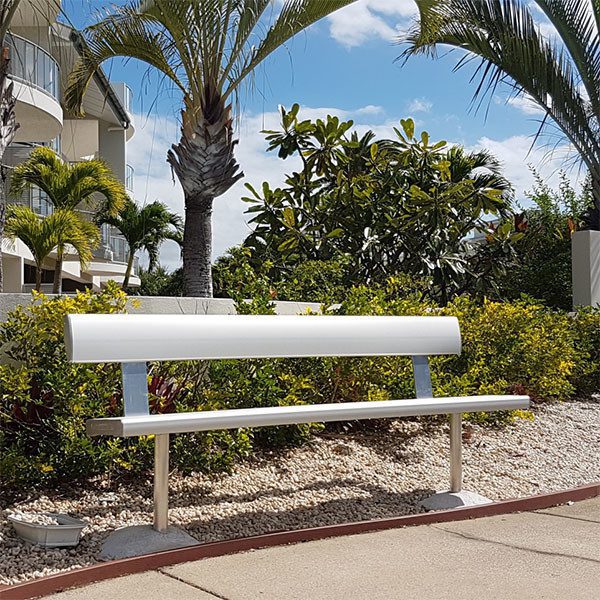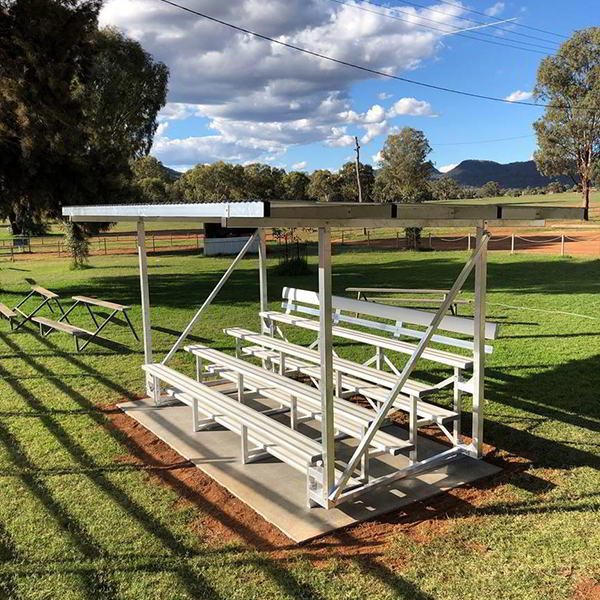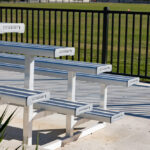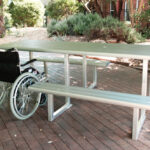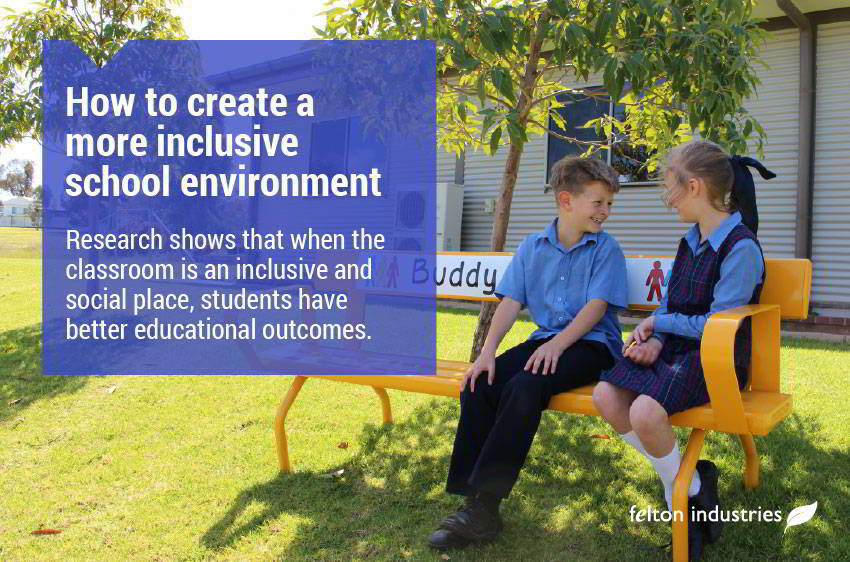
Inclusive school environments
We learn far more at school than just our ABC’s and 123’s. The social interactions we have with our peers in our formative schooling years influence how we communicate, interact and feel about others and ourselves, well into adulthood. This is why schools need to be as supportive and inclusive socially as they are academically. Encouraging positive social interactions involves a range of factors, from educational programs, to the furniture and physical layout of your school. Here are some factors that make a big difference to students’ social experiences at school:
Teaching methods
Research shows that when the classroom is an inclusive and social place, students have better educational outcomes – they come together to co-create, share their knowledge and learn from one-another. According to various studies, teachers’ support naturally plays a big part in this, directly affecting how inclusive students are of one-another. To improve inclusivity, teachers need to cater equally to different levels of ability, background and learning styles. For example, a visual or conversational learner might struggle with written work, while children who learn best from reading might have trouble expressing themselves visually or expressively. By using a range of materials, mediums and methods, teachers can encourage and even celebrate diversity in the classroom, leading to a more accepting and inclusive social environment.
Anti-bullying education
Good social behaviour can certainly be taught and role modelled. By providing incentives for kindness and rewarding good behaviour, bullying is positively discouraged. In cases where bullying does occur, it’s important to empower bystanders to come forward and speak out. Students should also be taught the best course of action to take when they encounter a bully, for example, not to fight back physically but to walk away and alert an adult. Additionally, regularly setting time aside to discuss behaviour and feelings can lead to better dialogue and empathy between students. It’s important to remember that children are highly influenced by the behaviour of authority figures, so teachers must always be kind and empathetic if they want their class to follow suit.
Playground layout
It’s not just the learning experience affecting children’s behaviour. Other factors, such as the way schools are laid out and furnished can have a big impact on behaviour, frame of mind and safety. By placing structures in certain spaces and leaving others bare, you encourage certain activities and discourage others, so it’s important to consider the social implications your fitout might be having. For example, two or four-sided pedestal settings will encourage face-to-face interaction, but will also split students into groups. On the other hand, groups will be less segregated on single lines of seats, but this will reduce the flow of face-to-face communication. It’s important to strike a balance here, also because students have different interests. While some enjoy playing sport, others prefer walking, sitting and talking. Schools should offer and encourage a range of social interactions to ensure a more inclusive and enjoyable playground experience.
Specialised furniture
Did you know schools can invest in furniture specifically designed to boost inclusion? Specialised furniture has proven to be highly effective at encouraging positive social interaction, especially when combined with an integrated program. For example, Felton’s Buddy Benches provide a safe space where children who feel upset, lonely or need to talk about a concern can find someone to speak with. Additionally, furniture is also essential in ensuring disabled students have equal access to social activities. After all, simply meeting wheelchair accessibility requirements may not be enough to ensure sufficient comfort and ease of movement for disabled students to feel truly included. By ensuring that there are plenty of accessible and interactive wheelchair settings, the playground will be a more inclusive and social place for everyone.
As a wholly Australian owned and operated business, nobody understands the requirements of Australian schools like Felton Industries. We’re committed to providing the highest quality of outdoor solutions including preschool outdoor furniture, outdoor furniture for childcare, and outdoor furniture for schools ensuring schools across Australia have the most comfortable, inclusive and aesthetically pleasing outdoor experience possible. For more information about outdoor furniture tailored to your unique needs, contact us today.
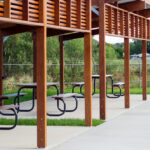
New Year, New Spaces: Outdoor Trends Shaping 2026
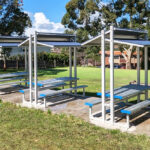
How to Maximise Your Outdoor Space for the Year Ahead

Media Release: Felton Industries announces four 2025 Felton Grant recipients

Stronger Spaces Start With Our End of Year Savings
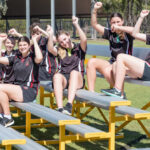
Game On: Smart Grandstand Choices for Every Budget
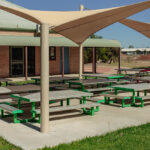
Top Five Outdoor Study Spots on Campus and How to Furnish Them
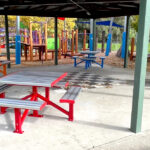
Why Schools Love Aluminium for Busy Playgrounds
